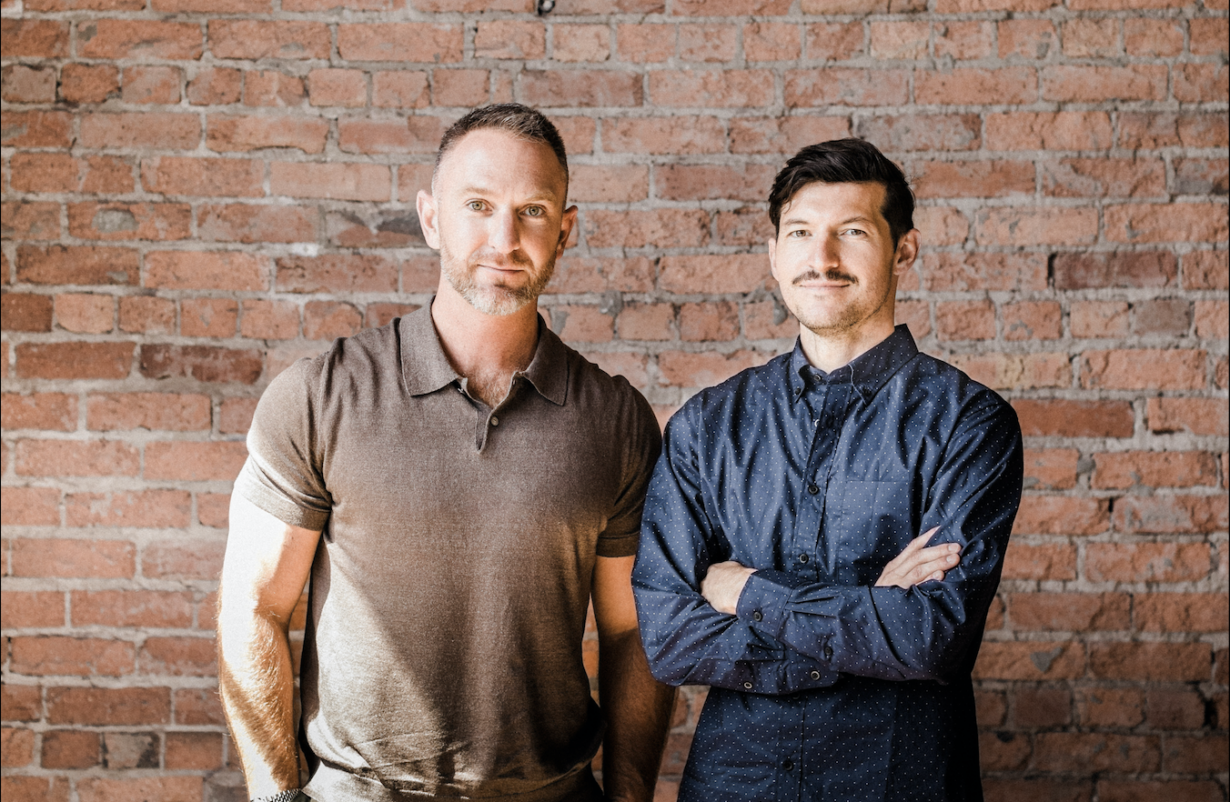Skift Take
Gen Z travelers are hard to please. With support from Sequoia and defy.vc partners, hotel booking startup Safara is looking to build loyalty in this demographic by focusing on curations, memberships, and environmental consciousness.
Hotel booking startup, Safara, is hoping to use curated lists and invite-only memberships to meet the high expectations of millennials and Gen Z travelers.
“Our view is that over the next 10 years, there’s going to be a generational shift in spending, and that’s just the natural course of population aging,” said Doug Schuessler, CEO of Safara. “We’re thinking about building a generational company … if we’re thinking about the long haul, the underlying trend of millennials and Gen Z are going to own more and more of the travel spending pie.”
Safara is a Los Angeles-based hotel booking startup. Co-founders Doug Schuessler and Cody Rose lead a team of product managers, engineers and designers to curate short lists of hotels recommended through community feedback and Internet research. The platform currently offers 10 percent back from every booking in the form of loyalty credits that can be used for future travel. What’s more, every booking is carbon neutral. Safara did not disclose its financials to Skift, not uncommon for early-stage companies.
As of 2021, Gen Z makes up 40 percent of the U.S. consumer market. According to a 2022 report from YouGov, travel products and services rank third in Gen Z’s top spending categories, which is ahead of all other age groups on potential travel spending. Gen Zers are more likely to be influenced by environmental impact in their outlooks and decisions, having grown up in a time of heightened awareness for global warming and climate change.
“Gen Z and Gen Alpha. Those are really big opportunities. That’s like our “Why Now”. That’s the opportunity I see,” said Schuessler.
Safara was initially founded at the start of 2020 by Maya Poulton and Joey Kotkins, which offered a new type of online travel agency (OTA) through a subscription membership and a loyalty points system. Schuessler and Rose, who previously worked together at Square, Resy and American Express, bought the company from Poulton and Kotkins in 2021 and rebranded to carry the renewed travel booking experience legacy forward.
“We viewed subscription as something interesting that we may want to do in the future, but we want to make it more accessible to more people,” Schuessler said. “So we don’t charge a subscription upfront. It’s free to sign up. We might introduce a subscription down the road for add-on type functionality, but we don’t have that today.
Schuessler and Rose met as co-workers at Square approximately eight years ago. The two became good friends and the idea of revamping travel booking and technology surfaced early on as they started to travel together.
“We were like a couple of kids kind of early in our career, and it was more like a fun conversation than serious. But the serious part was we felt like it was a really big opportunity from a technology standpoint,” said Schuessler.
Safara did not immediately spring from the two’s travels. Schuessler and Rose ended up working at Resy as Chief Revenue Officer and Head of Product, respectively, before picking up on some similarities between restaurant reservation technology and travel booking technology. When American Express acquired Resy in 2019, the two got to branch out from the restaurant space.
“There are two things that Amex is very passionate about–because that’s what the card holders are passionate about — and it’s dining and travel,” Schuessler said. “We also got to work more closely alongside the travel group, and start to learn a little bit more about that. So we took our passion for travel, we took our adjacent experience across the hospitality aisle at Resy, and we decided we had the experience at that point.”
The curation of hotels at Safara seeks to combine curated booking applications and mass sites with everything. Since travel research and booking can be a lengthy process for those hoping to find the best place to stay in a city, Safara leverages its insider community, product users, and web search results to tag 50-100 recommended listings.
These properties fall into a two-tiered model: “We Love”, which designates the Safara community’s top recommendations, and “We Like”, which includes sites the platform recommends, but may not be as familiar with. Members would see a narrowed list of between 50-100 listings instead of the thousands of search results from traditional OTAs.
Schuessler and Rose revamped Safara’s loyalty program when they took over. Instead of a points or stamps system, they preferred a more direct model without having to translate cash value. Ten percent of each booking is rebated as Safara credits that can be applied toward future bookings on the platform.
The startup also invests through a carbon emissions offset program to ensure that every Safara booking is carbon-neutral. The carbon impact is calculated algorithmically from factors such as hotel location, property category and the number of nights. Example projects that are included in Safara’s portfolio of carbon offsets include Running Tide, which grows kelp forests for carbon removal, and greenSand, which produces a special type of soil for carbon sequestration.
“Even though we’re not climate experts, we didn’t want that to be an excuse to do nothing,” said Schuessler. “And so this is just where we’re starting, and we’ll build on it from there.”
Safara took part in Sequoia Capital’s seed-stage catalyst program, Arc, in fall 2022, which selects a cohort of founders for a seven-week company-building program taught by Sequoia founders, operators and partners. The program received thousands of applications, and Safara was among the 13 chosen.
Each week was guided by a specific topic under building a generational company to survive for the long term. Example topics include product, go-to-market, and customer, interviews, or customer research.
“Some startups were at the idea stage, and then some had a prototype in market like we did,” Schuessler said. “We consider ourselves very fortunate for having that experience and having the best in the business believing in what we’re building.”
Safara works with Alfred Lin as their partner at Sequoia. Named as one of 30 most influential figures in tech by Forbes in 2013, Lin is an operator turned investor and currently sits on the board of Airbnb and DoorDash. The startup is also working with venture capital firm defy.vc through their partner Brian Rothenberg, previous vice president of growth at Eventbrite.
The startup is currently working on single-player booking, and hopes to evolve in a social direction to integrate features for sharing travel tips with friends or viewing a friend’s travel profile.
“When you look across all consumer categories, they’ve pretty much all been revolutionized with amazing consumer technology over the last 5-10 years or so,” said Schuessler. “Travel hasn’t really seen that same pace of innovation, and definitely, there turns out a fair amount of good reasons for that. But we would love, if you look out 10 years from now, Safara is the go-to place where you book all of your hotel rentals and travel accommodations.”
This interview has been edited for editorial purposes.
The Daily Newsletter
Our daily coverage of the global travel industry. Written by editors and analysts from across Skift’s brands.
Have a confidential tip for Skift? Get in touch
Tags: sequoia capital, travel booking, travel startups, travel technology
Photo credit: Cody Rose and Doug Schuessler, Safara co-founders. Source: Safara


